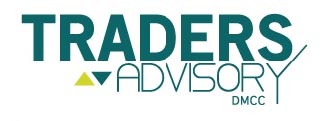Principle First has registered extremely strong demand for Venture Capital Trust (VCT) investments driven on the one hand by the VCT’s numerous tax advantages, but also by proposed positive changes in VCT legislation which were announced in this year’s budget, which if passed should allow VCTs to invest in a wider range of small and medium-sized enterprises (SMEs) with up to 250 employees, and market capitalisation up to £15m.
Gareth Flanagan, managing director of Principle First, said: “VCTs offer an unbeatable 30% tax relief and there are now very innovative VCT models available which have very effectively minimised risk. As the top tax bracket has now risen to 50%, VCTs are a more attractive investment than ever, particularly for high earners.”
Principle First believes the recent increased demand is due to the market conditions which have made VCT investments extremely favourable at present. In the current economic environment, where bank lending to SMEs is relatively difficult to obtain, the UK’s most dynamic companies are looking around for alternative sources of finance – and see VCTs as an attractive option. Consequently, VCT managers have never had such a range of good deals coming across their desks, and the quality and standard of companies where they invest has never been so good. VCT investments offer a 30% upfront income tax relief on investments of £3,000 – £200,000.
According to Principle First, the Octopus VCT, which minimises investment risk, and Alternative Investment Market (AIM) VCTs have also benefited. AIMs work best when investing in companies with capitalisation towards £15m, and as such are poised to benefit strongly from the budget proposals to relax investment rules.
VCTs are a valuable and highly tax-efficient strategic investment which can be used in conjunction with Individual Savings Accounts (ISAs) and a personal pension, as part of a rounded, balanced and tax-streamlined financial plan.
Via EPR Network
More Financial press releases















